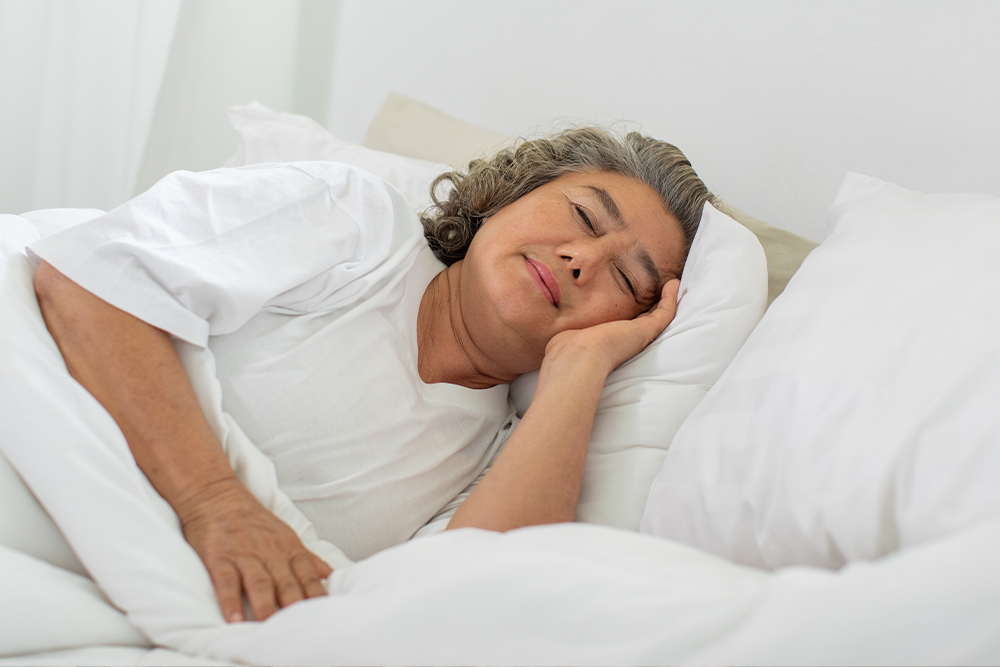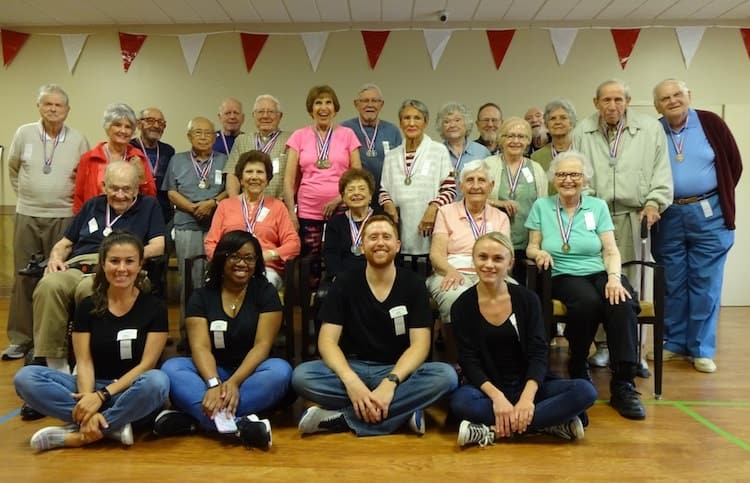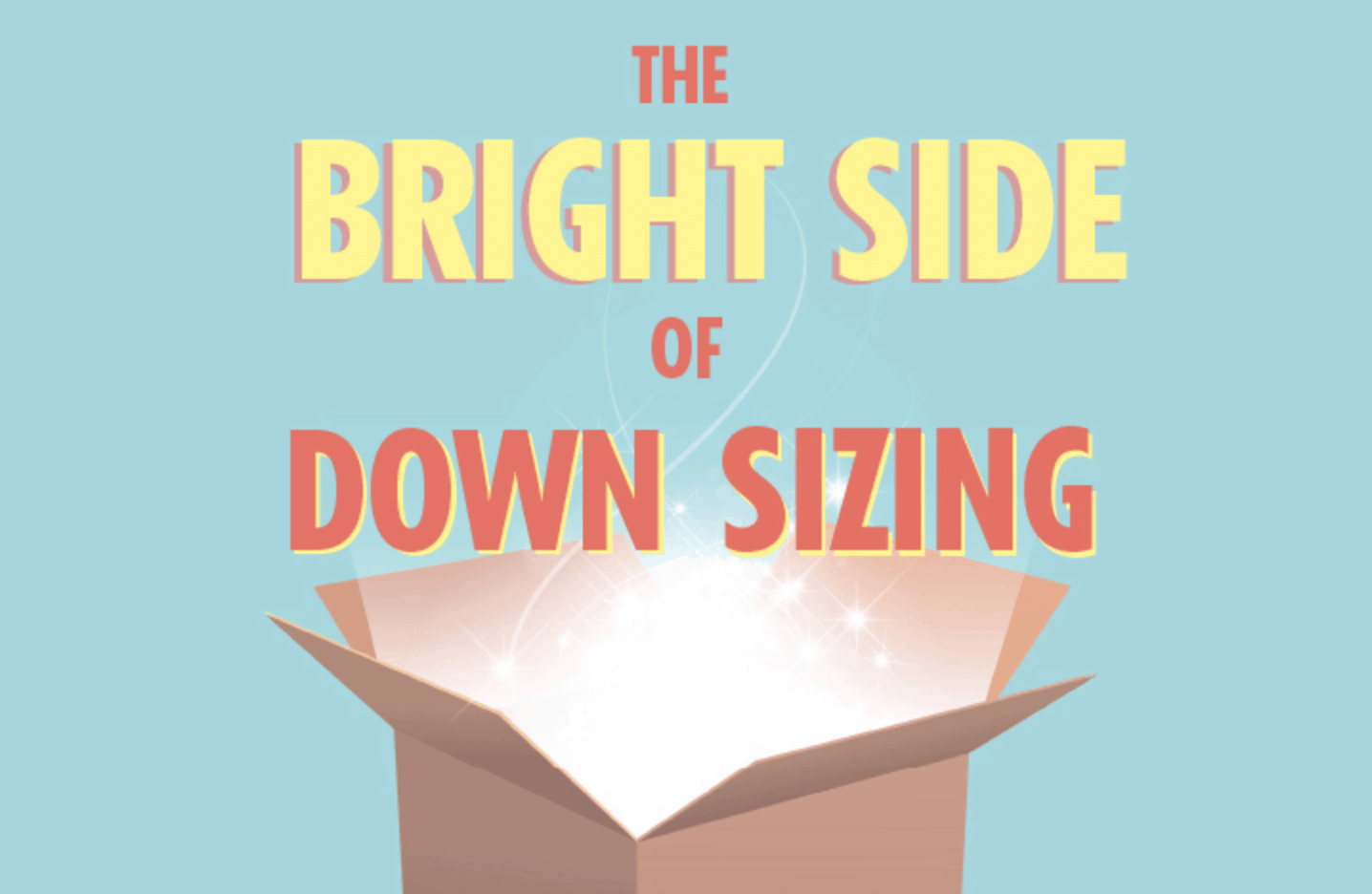Living With Sleep Apnea for Seniors
March 10, 2023
Some of us snore in our sleep. At times, it could be a nuisance to those sleeping around us. But what happens when snoring is manifested by an underlying condition that obstructs rest? If this describes you, you might have sleep apnea.
According to the National Institutes of Health, sleep apnea is when your breathing stops for several seconds many times while you sleep. This process can prevent your body from getting enough oxygen.
There are two types of this sleep apnea. The most common one, obstructive sleep apnea, is when your upper airway is blocked multiple times, reducing or completely stopping the flow of air. On the other hand, central sleep apnea is when your brain fails to send the signals necessary for the body to breathe. In a way, you “forget” to live when you have this type of sleep condition.
Obstructive sleep apnea is common in older people. According to the UK journal Breathe, 32% of people over 65 years old suffer from this condition.
How Can You Tell If You Have Sleep Apnea or Not?
Are you a part of the sleep apnea demographic? Johns Hopkins Medicine reveals signs you may have it.
- You snore when you sleep. Often, this is treated as a funny situation, but the truth is snoring could be a warning sign that something is obstructing your upper airways. At the same time, not all snorers have apnea, but most people with sleep apnea snore. How do you know if your snoring is related to this sleep condition? Your snoring gets louder during sleep, often with pauses in breathing, many times a night.
- You wake up a lot during sleep. Are you constantly tossing, turning, and waking up in the middle of the night? There are many reasons, but if you struggle to breathe while you sleep and unconsciously move around to find better positions to inhale and exhale, sleep apnea is likely the cause.
- You are constantly feeling tired. Lack of sleep leads to daily fatigue. If you find yourself sleeping in the middle of activities—and snoring during those, too—your sleep apnea might affect your sleep quality. This condition is called hypersomnia or excessive daytime sleepiness.
What Are the Risks Associated with Sleep Apnea?
Age-related changes could increase the possibility of sleep apnea in the elderly. Men are most likely to have this condition. Sleep apnea also affects 20% of people suffering from obesity. When it remains undiagnosed, this condition can negatively affect cardiovascular and metabolic health.
Many studies have shown a direct link between sleep apnea and other health issues, including Type 2 diabetes and heart attacks. The most common culprit is the lack of quality sleep.
The American Academy of Sleep Medicine and Sleep Research Society defines healthy sleep as “adequate duration, good quality, appropriate timing and regularity, and the absence of sleep disturbances and disorders.” Conditions such as sleep apnea affect our bodies as we age and thus contribute to a range of chronic diseases.
Lack of sleep leads to an increase in hypertension, coronary heart disease, and stroke risk. Less sleep duration is also linked to depression, impacting our mental and health functions, as well as our immune system’s ability to ward off illnesses.
While lack of good sleep is common in adults with dementia, some studies show that the two may be heavily linked. A lack of sleep may contribute to cognitive issues. Disturbed sleep also leads to higher incidences of falls, injuries and a weakened bodily rhythm.
How Can You Treat Sleep Apnea for Seniors?
Once you are made aware of your symptoms, it is a good idea to consult your doctor. They may refer you to a sleep specialist or sleep study. A sleep study can help determine your type of sleep apnea and how it could be treated.
When scheduled for a sleep clinic, bring comfortable clothes, eat well, and make sure you are hydrated. The specialist may attach devices to check your breathing and heartbeat while you sleep. You may have to wear this overnight so the specialist can track signs of sleep apnea and how often your breathing stops and restarts.
Your medical provider may also ask for more tests to determine what is causing your issues. Once the results are out, your doctor will recommend treatments and lifestyle changes to help you get quality sleep.
What Lifestyle Changes Can Be Made in Order to Improve Overall Health of Those with Sleep Apnea?
Fortunately, healthy lifestyle changes can help alleviate some of the risks of sleep apnea. Some of them include the following:
- Regular physical activity. A 20-minute walk daily is enough to stimulate your body’s energy. This will not only keep your muscles and joints healthy, but it will also improve your cardiovascular wellness. Take a walk around a botanical trail. Trees provide new oxygen for your lungs, and nature is always inspiring.
- Maintain healthy sleeping habits. Now that you are retired, there are no deadlines or overtime hours to deal with. Start going to bed early. If you’re not used to that, create a routine. Set a timer on your watch to let you know when it’s time to hit the sack.
- Track your weight. Obesity has a direct link to sleep apnea. Use this as a chance to change your eating habits—choose fresher, healthier meals at advised intervals.
Other suggestions may include limiting alcohol, quitting smoking, and sleeping on your side, which helps keep your airways open while you sleep.
Your doctor may also recommend using breathing devices like a CPAP machine. These devices commonly treat people with sleep apnea by providing constant air pressure along the airways to help promote proper breathing.
Similarly, you can wear tailor-made oral devices to keep your upper airway open as you sleep. One example is a mandibular mouthpiece, which holds the jaw in a position to prevent other obstructions from blocking your airway.
Where Can You Find Support for Sleep Apnea?
You are not alone. Sleep apnea is a common sleeping condition in adults. Many senior adults choose to get diagnosed and participate in lifestyle changes to get quality sleep and as a result, a better quality of life. The American Academy of Sleep Medicine offers consultations for seniors wanting to be diagnosed. There are online support groups on Facebook that provide tips and recommendations on living with the sleeping condition.
One of the most important lifestyle changes you can make is transitioning fully into your retirement season. Downsizing and a change of atmosphere can do wonders for your health. Move into Monroe Village. Our senior-focused community is committed to providing you with services and programs meant to enrich your senior years. Call us today and learn more about us!




